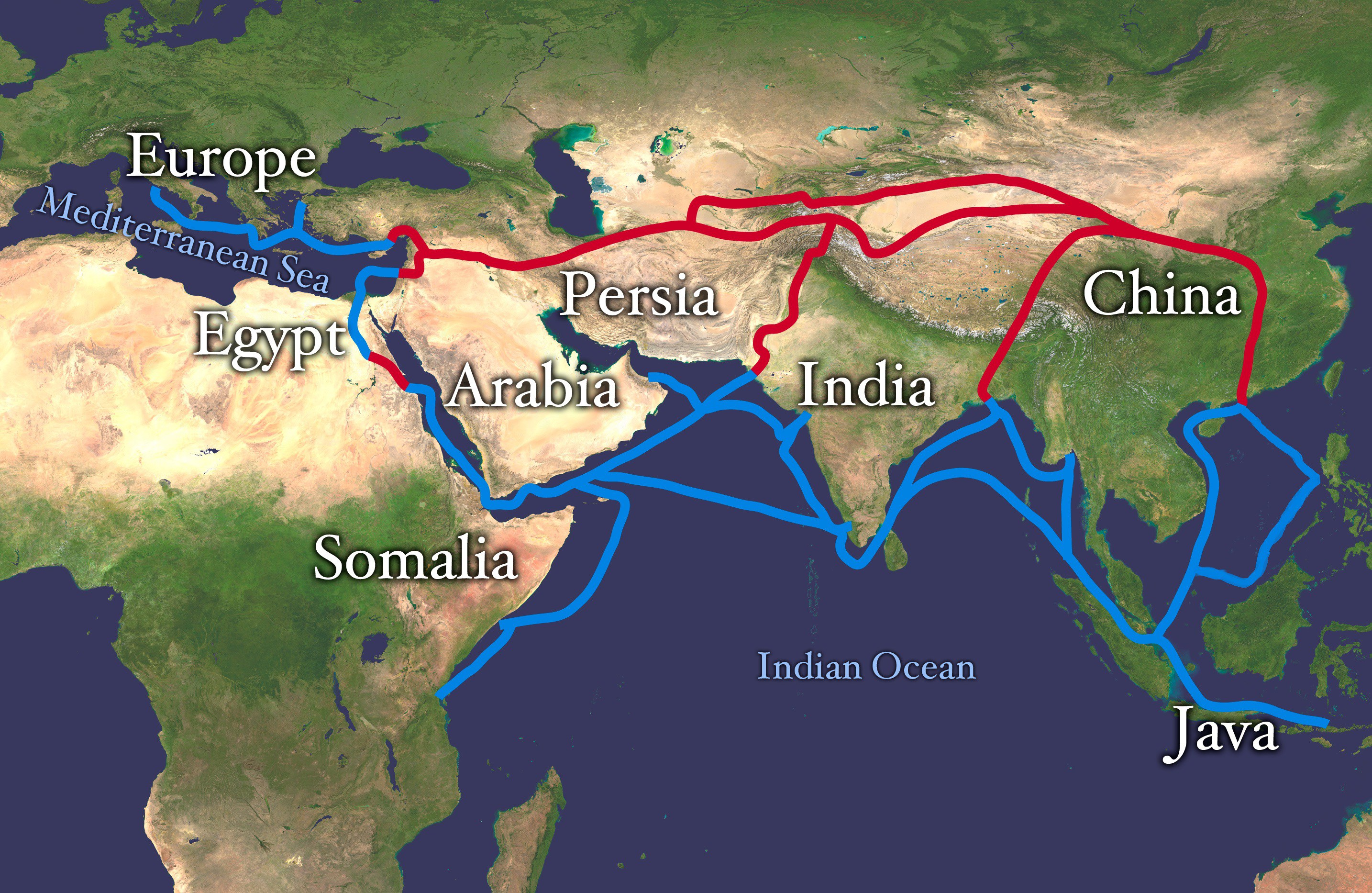Khaleej Times
Allan Jacob

The bleak security situation in Afghanistan is not in the interests of both the UAE and India. New Delhi believes that if the spread of terrorism in that country is not contained, and if the Taleban joins forces with Daesh, it could spell trouble for the Gulf and South Asia on the whole.
Abu Dhabi and New Delhi focused on the terror threat from Afghanistan during their strategic dialogue. Indian officials are keen to develop a robust policy with the UAE to end the likely export of terror from Afghanistan to the GCC region and South Asia after a bomb blast claimed the lives of five UAE diplomats recently.
The Emirati envoy to the country was also injured in the explosion that rocked the governor’s house in Kandahar. Amidst this fresh wave of violence targetting diplomats, the UAE and India could work together to halt the slide in Afghanistan and spread a culture of tolerance to take on terrorism.
Both the UAE and India are involved in development projects in the country and for them to succeed, militancy and terror must be controlled. UAE Minister of State for Foreign Affairs Anwar Mohammed Gargash has been in talks with MJ Akbar, the Indian Minister of State for External Affairs.
Akbar has often spoken of the coming together of terror groups as a nightmarish situation.
The enemy is at the doorstep and cannot be stopped unless strategic partnerships, like the one between the UAE and India, are forged. Some security cooperation is being envisaged in Afghanistan to protect Emirati and Indian interests.
Daesh-Taleban links
Militancy is ripe in what is known as the AfPak region and poses a grave threat to South Asia and the Middle East. What’s more worrying is the possible mutation of the Taleban into Daesh, the social media-savvy terror group. Stragglers from Al Qaeda could also join the deadly combine to give security agencies sleepless nights.
It didn’t help when US troops pulled out of Afghanistan during President Barack Obama’s tenure without strengthening state institutions. Though gradual, the withdrawal or drawdown as the American military top brass puts it, has done immense dam-age to the country and its government.
Elements of the Taleban may have already joined Daesh. They are reeling from the losses they suffered in Syria after relentless Russian air raids, but the group is desperate to find new ground, break out into new terrain, and Afghanistan is a fertile area for their brand of brutality.
Security officials fear the outfit, stung by reverses in the Middle East, could be already making their pitch in Afghanistan that has been gripped by an enduring insurgency. It started when the Soviets left in the early ’80s after being ousted by freedom fighters or the Mujahideen. The Taleban later emerged and also had a brief stint in power till they were dislodged by Nato and US troops in early 2000.Engaging with the Taleban has been fruitless and futile thus far. The US tried the approach and bungled. Now, the Russians and Iranians, flush from their victory in Syria, are sending feelers to the Taleban to prevent them from going rogue and into Daesh’s arms. The group could be low on cash, and Daesh could give them just the boost they need in Afghanistan.
A staging base for Daesh and the Taleban in Afghanistan is what the UAE and India share common concerns about and want to wipe out. The at-tack on the UAE diplomats was a wake-up call to both sides and the UAE has said that it will strike back, and those responsible would pay. The Taleban denied responsibility for the attack. Fingers were also pointed at the Haqqani network, another terror group. If Daesh are, in-deed, entrenched in Afghanistan, they are not telling. Quite unlike them who often put out videos of executions on social media that go viral.
Why a Comprehensive Strategic Partnership?
Last year, during the first visit by His Highness Shaikh Mohammed bin Zayed Al Nahyan, Crown Prince of Abu Dhabi and Deputy Supreme Commander of the UAE Armed Forces to New Delhi, the two delegations sealed a strategic partnership.
Counter-terrorism is a key area on which the two sides have cooperated since then. India attaches great significance to Shaikh Mohammed’s visit this time as chief guest for its Republic Day celebrations on January 26. New Delhi has strategic partnerships with 30 countries.
Last September, New Delhi signed a Comprehensive Strategic Partnership with Vietnam aimed at containing Beijing’s role in South Asia. Indian officials in New Delhi say CSP with the UAE will be different as it lifts the relationship to that of an ally and could cover cooperation in Afghanistan. It will encompass all areas of cooperation. In fact, Shaikh Mohammed is accompanied by a ‘tolerance’ delegation. An online counter-terror team from Sawab, will be here to discuss cyber security with their Indian counter-parts. A joint narrative against extremists taking cover on the Internet and social media could be put in place during this landmark visit.
The UAE has met with success in weaning away youth from extremism. The plan is to share ideas and intelligence with the Indians, deny room online for extremist groups to recruit youth for terror acts, drain their funds, and then resort to the military option if needed.



